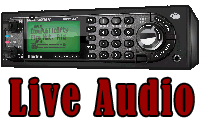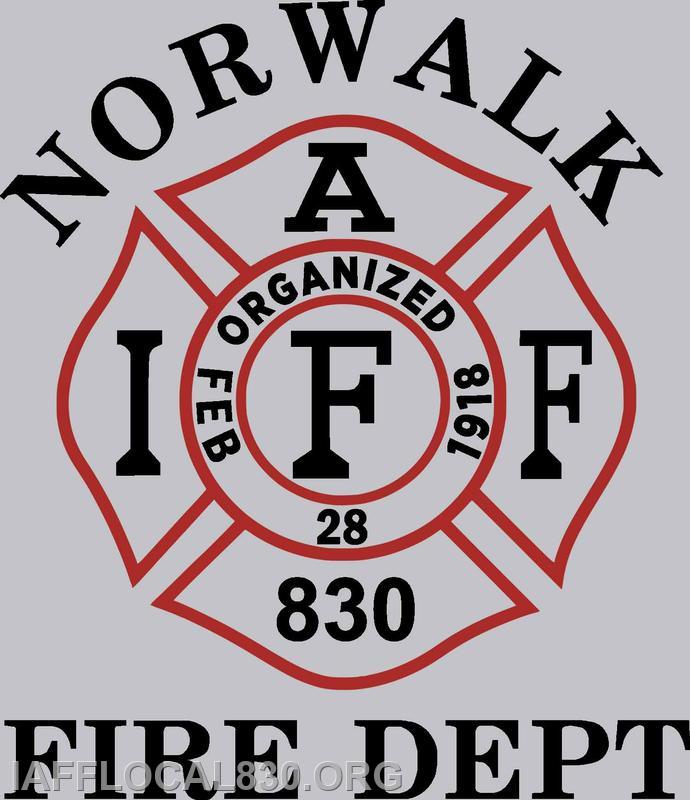| Kudos to the following NFD Local 830 Members: Deputy Fire Marshal Brian Scully, Firefighter Matthew Lauria, Lieutenant Nicholas Giancaspro, Firefighter Brian Filush, Firefighter Keith Zaffuto and Firefighter Alexander Rodriguez who responded to a medical call during the NHRL event at 165 Water St. on Saturday, June 22nd and saved a life.
Initially reported as a male who fainted, FF Matthew Lauria and DFM Brian Scully along with NPD PO Steve Anuszkiewicz who were on site at the event, responded and recognized the patient was in cardiac arrest.
DFM Scully and FF Lauria along with PO Anuszkiewicz initiated lifesaving medical interventions by performing high quality CPR in conjunction with using a defibrillator while other NHRL staff members and bystanders assisted and called 911.
Multiple rounds of CPR were performed and multiple Shocks from an AED were advised and delivered by DFM Scully, FF Lauria and PO Anuszkiewicz before turning care over to the crew of NFD Engine 5 consisting of LT Giancaspro, FF Filush, FF Zaffuto, and FF Rodriguez whom were on scene quickly as Engine Co. 5 is located just a short distance away on Meadow St and Norwalk Hospitak EMS providers: Paramedic Robert Storck, Paramedic Joshua Henriquez and EMT Rachael Ramirez.
Due to the combined effort of NFD Local 830 members, the NPD Police officer, Norwalk Hospital EMS and NHRL staff. The Return of spontaneous circulation (ROSC) was achieved on scene, which is the resumption of sustained cardiac activity due to significant resuscitation efforts after cardiac arrest and the patient was transported to Norwalk Hospital for further treatment. At last report, the patient is continuing to improve and is expected to make a full recovery.
It’s great when our efforts make a difference and save a life.
Bravo for a job well done!
According to the American Heart Association more than 350,000 cardiac arrests occur outside of the hospital each year.
According to 2021 study of US data for adult Outside of hospital cardiac arrests (OCHA) only, survival to hospital discharge was 9.1% for all EMS-treated non-traumatic outside of hospital cardiac arrests (OHCA). If performed immediately, CPR can double or triple the chance of survival from an out of hospital cardiac arrest.
The 6 links in the adult out-of-hospital Chain of Survival are:
* Recognition of cardiac arrest and activation of the emergency response system
* Early cardiopulmonary resuscitation (CPR) with an emphasis on chest compressions
* Rapid defibrillation
* Advanced resuscitation by Emergency Medical Services and other healthcare providers
* Post-cardiac arrest care
* Recovery (including additional treatment, observation, rehabilitation, and psychological support)
A strong Chain of Survival can improve chances of survival and recovery for victims of cardiac arrest. |


